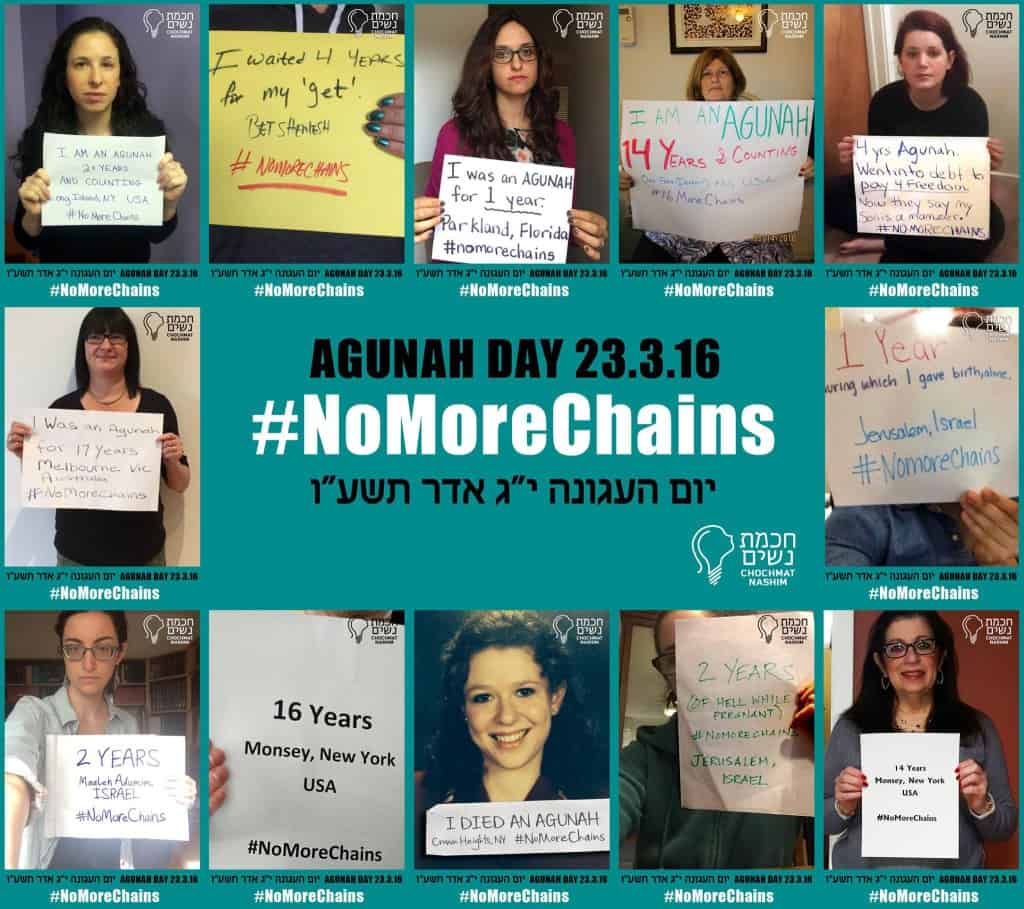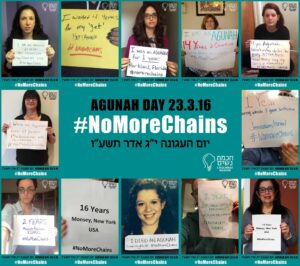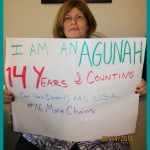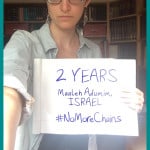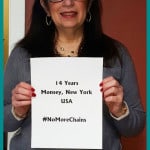Calling into question a divorce that has long been in effect has serious, and potentially devastating, ramifications for real people.
Beyond the fate of this one woman. Rabbi Yosef’s actions are dangerous in the extreme for halachic Judaism as a whole.
- They undermine the authority of the Beit Din itself.
Every divorce is granted under the auspices of a rabbinic court. If another rabbinic court can come along and revoke the first court’s divorces (or declare them null and void), then no Beit Din may be considered reliable when it comes to divorce, and its status-changing implications…
Yes, the law is on the books that one court can undo the edicts of a previous court — but only under certain conditions of established greatness, and only when it comes to legislative acts, which can’t be enacted in this day and age with no Sandhedrin. YES, halachic disputes happen all the time. They are built into the system. But when a beit din’s decision on status takes effect, it’s considered sacrosanct.
- They undermine the “forever” status of divorce.
Revoking a get sets a very dangerous precedent. If an unrelated court can come along and revoke (or declare null and void) one divorce, even given its unusual circumstances, what is to protect any divorce from the same? Every presumed divorcee should hesitate before marrying again, lest she risk subsequent accusations of adultery. Indeed, every post-divorce marriage risks being called into question.
From a human perspective, this is terribly difficult. How can any divorced person move on with his or her life if the divorce can be questioned? The potential ramifications of this are endless and chaotic.
- The human dimension of this specific case.
This woman was married for seven years to a man she knew would not regain consciousness. She’s only 34-years-old. Chaining her to someone whose body functions only by virtue of machines for the rest of his life when there is a legitimate halachic mechanism to release her that was approved by the Tzfat Beit Din is cruel.
In truth, the fact that Rabbi Yosef and many others would convene with the question of revoking this get calls into question our ability to rely on our rabbis to protect our widows, our orphans, our converts, and even Halacha — which allows for this kind of divorce.
Read more in The Times of Israel

